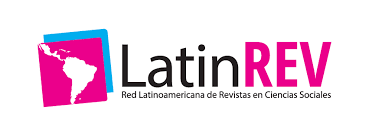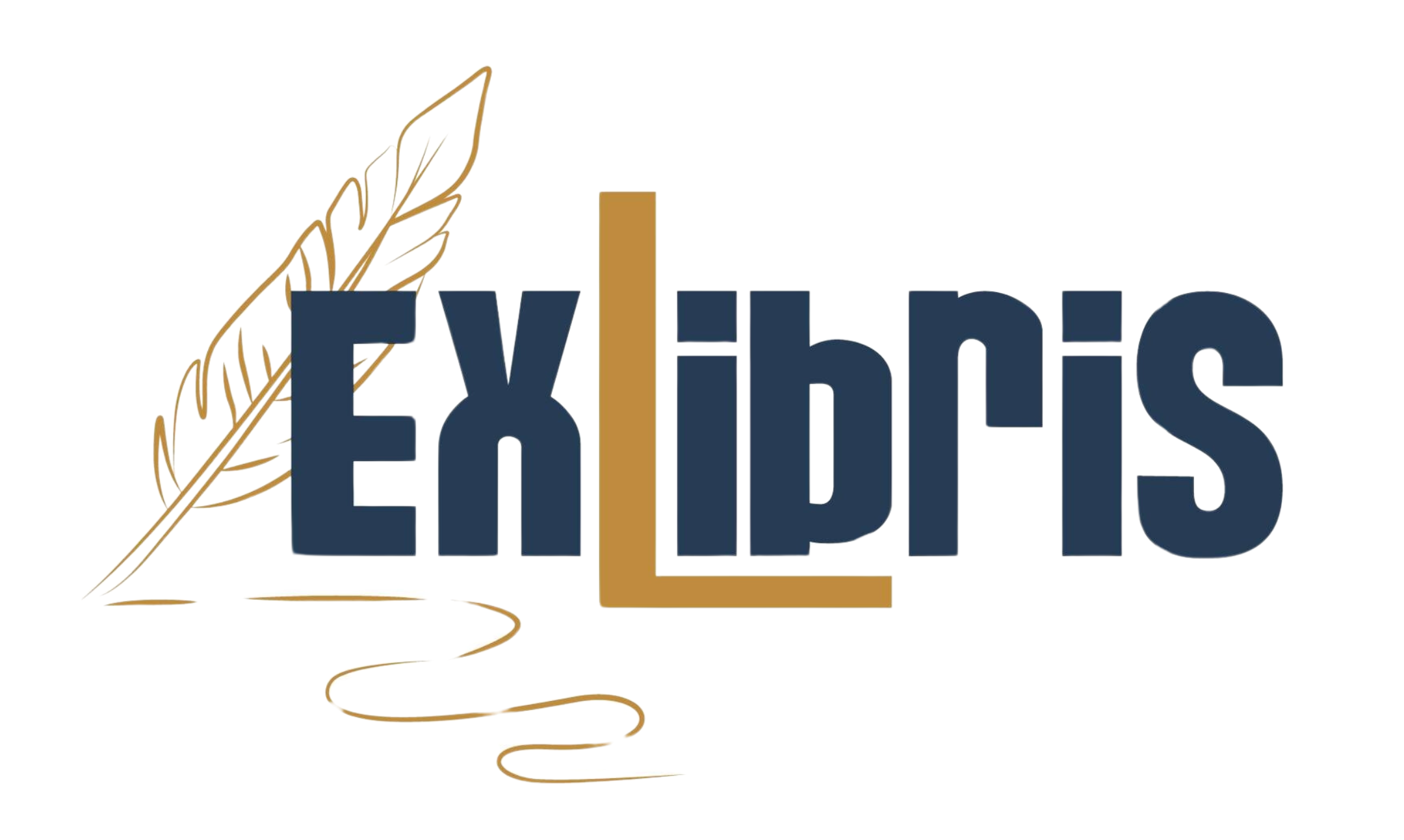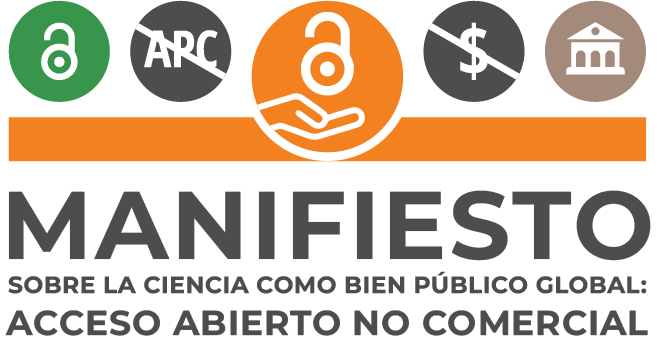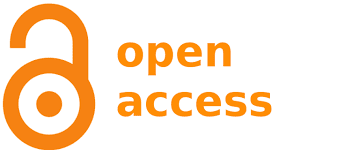Disruptive innovation, its origins and current importance in education
DOI:
https://doi.org/10.69789/ccs.v9i1.688Keywords:
collaborative learning, creative creation, creative destruction, disruption, banking education, disruptive educationAbstract
The article's primary objective is to list the advances of disruptive innovation, as well as its application in current education. Additionally, it presents an overview of disruptive innovation, which has its origins in the concept of creative destruction, a term rooted in ancient civilizations. In other words, the term impliesthat development cannot exist without destruction. The article presents the impact of this on the transformation process of societies, along with its main proponents and contributions, aiming to serve as a foundation for educational systems, which is one of the areas with the greatest influence on the development of economies and societies. The correlation between high levels of education among a country’s inhabitants and that nation’s development is high; the slow pace of change in educational processes has a negative impact on the growth of the regions of
regions around the world. Education, especially in Latin America, needs disruptive innovations to reduce poverty and improve the quality of life of its inhabitants.
References
Aberšek, B. (2019). The Impact of Innovative ICT Education and AI on the Pedagogical Paradigm. Cambridge Scholars Publishing. https://swebebsco.url.elogim.com/ehost/ebookviewer/ebook/ZTAwMHh3d19fMjExMDI0MF9fQU41?sid=7a17dca5-206f-4b7b-9d16-9ba2ac850516@redis&vid=8&format=EB&rid=1
Adner, R., & Kapoor, R. (2016). Right Tech, Wrong Time. Harvard Business Review.
https://hbr.org/2016/11/right-tech-wrong-time
Bellofiore, R. (1999). Schumpeter's theory of innovation, development and cycles. Encyclopedia of Political Economy, 2, 1010-1013. https://swebebsco.url.elogim.com/ehost/pdfviewer/pdfviewer?vid=10&sid=e8c4e467-ef7c-4126-8df8-fb514b9b6d7d%40redi9
Cargile, L., & Sheats, S. (2015). Flip or Flop: Are Math Teachers Using Khan Academy as Envisionedby Sal Khan? TechTrends, 59(6), 21-28. https://doi.org/http://dx.doi.org/10.1007/s11528-015-0900-8
(CEPAL), C. E. (2018). La ineficiencia de la desigualdad. Naciones Unidas.
Christensen, C. M. (2015). The Clayton M.Christensen Reader. Harvard Business Review Press.
Christensen, C. M., Altman, E. J., Mcdonald, R., & Palmer, J. (2016). Disruptive Innovation: Intellectual History and Future Paths. Journal of Management Studies, 55(7), 1043-1078. https://doi.org/https://doi.org/10.1111/joms.12349
Dryden, G., & Vos, J. (2007). The Learning Revolution. Media and Technology.
Farber, K. (2017). Real and Relevant : A Guide for Service and Project-Based Learning 2da ed. Rowman & Littlefield Publishers.
Freire, P. (2005). La pedagogía del oprimido 2da ed. Siglo XXI Editores.
Gans, J. (2016). The Disruption dilema. The MIT Press. https://swebebsco.url.elogim.com/ehost/ebookviewer/ebook/ZTAwMHh3d19fMTIwMzAyOF9fQ
U41?sid=1eef189a-715e-4023-96f6-d93a934f38eb@redis&vid=6&format=EB&rid=
Garrison. (2010). El e-learning en el siglo XXI. Ediciones Octaedro, S.L.
https://elibro.url.elogim.com/es/ereader/rafaellandivar/61883
Gómez, J., Martín, A., & Bernal, C. (2019). MOOC Courses and the Future of Higher Education : A New Pedagogical
Framework. River Publisher. https://swebebsco.url.elogim.com/ehost/ebookviewer/ebook/ZTAwMHh3d19fMjExMjIyN19fQU4
?sid=6034dd05-95b1-4340-a904-c373e0631390@redis&vid=3&format=EB&rid=4
Hart, S. L., & Christensen, C. M. (2002). The Great Leap. Sloan Management Review, 44(1), 51-56.
http://www.stuartlhart.com/sites/stuartlhart.com/files/Hart%20%20Christensen%20Sloan%202003_0.pdf
Huepe, M., Palma, A., & Trucco, D. (2022). Educación en tiempos de pandemia: una oportunidad para
transformar lo sistemas educativos de América Latina y el Caribe. Serie Políticas Sociales, 243. 50
Irigoyen-Coria, A., & Morales-López, H. (2013). El legado de Sugata Mitra a las Ciencias de la Educación.
Archivos en Medicina Familiar, 15(4), 49-52. https://www.medigraphic.com/cgibin/new/resumen.cgi?IDARTICULO=72175
Kapp, K. M., & Defelice, R. A. (2019). Microlearning Short and Sweet. Association for Talent Development.
https://pwebebsco.url.elogim.com/ehost/ebookviewer/ebook/ZTAwMHh3d19fMjI5NDYzMF9fQU
?sid=10d6f7d5-c57b-4cdf-8c00-f423abf0952c@redis&vid=1&format=EK&rid=1
Llano, A. (22 de 03 de 2023). www.wordpress.com.https://adelcano.files.wordpress.com/2013/09/repensaruniversidad-alejandro-llano.pdf
Martínez, J., & Ábrego, A. (2015). La Universidad Irrazonable; primer mundo versus tercer mundo. Grupo editorial
Endira México.
Meseguer, P., & López, R. (2017). Inteligencia Artificial. CSIC Consejo Superior de Investigaciones Científicas.
https://elibro.url.elogim.com/es/ereader/rafaellandivar/42319
Mitra, S. (2003). Minimally invasive education: a progress report on "the hole in the wall" experiments. British
Journal of Educational Technology, 34(3), 367-371. https://doi.org/https://doi.org/10.1111/1467-8535.00333
Mitra, S., & Dangwal, R. (2022). Evolution of the “holeinthewall”: A status review. Prospects, 52, 209-222.
https://doi.org/https://doi.org/10.1007/s11125-021-09552-y
Morita, A., Reingold, E. M., & Shimomura, M. (1986). Made in Japan. E.P.Dutton.
OECD. (16 de 03 de 2023). OECD. https://www.oecd.org/pisa/pisa-es/
Prisching, M. (2015). Understanding inescapable modernization: Werner Sombart and Joseph Schumpeter.
Journal of Evolutionary Economics, 25, 185-196. https://doi.org/10.1007/s00191-014-0363-7
Ramachandran, A., Snehalatha, C., Ram, J., Selvam, S., Simon, M., & Nanditha, A. (2013). Effectiveness of mobile
phone messaging in prevention of type 2 diabetes by lifestyle modifi cation in men in India: a
prospective, parallel-group, randomised controlled trial. The Lancet Diabetes & Endocrinology, 1(3), 191-
https://doi.org/https://doi.org/10.1016/S2213-8587(13)70067-651
Reinert, H., & Reinert, E. (2006). Creative Destruction in Economics: Nietzsche, Sombart, Schumpeter. En J. G.
Backhaus, G. Chaloupek, & H. A. Frambach, The European Heritage in Economics and the Social Sciences
(págs. 55-85). Boston Masachusets: Springer. https://doi.org/https://doi.org/10.1007/978-0-387-32980-2_4
Robinson, K. (2012). Busca tu elemento. Ediciones Urano, S.A. .
Robinson, K. (2020). A global reset of education. Prospects, 49, 7-9.
https://doi.org/https://doi.org/10.1007/s11125-020-09493-y
Robinson, K., & Aronica, L. (2015). Escuelas creativas. La revolución que está transformando la educación. Grijalbo.
Ruiz, C. (02 de 12 de 2016). El Financiero. https://www.elfinanciero.com.mx/opinion/carlos-ruizgonzalez/disruptiendo-a-la-disrupcion/
Rutherford, S. (2014). Collaborative Learning: Theory, Strategies, and Educational Benefits. Nova Science
Publishers, Inc. https://pwebebsco.url.elogim.com/ehost/ebookviewer/ebook/ZTAwMHh3d19fODYzMDE2X19BT
g2?sid=ca8a7a47-c1d0-47c0-82f3-5d05d730f4ed@redis&vid=4&format=EB&rid=1
Schleicher, A. (2018). World Class: How to build a 21st-century school system, Strong Performers and Successful
Reformers in Education. OECD Publishing. https://www.oecd.org/education/world-class9789264300002-en.htm
Torgerson, C. (2020). Designing Microlearning. Association for Talent Development.
https://pwebebsco.url.elogim.com/ehost/ebookviewer/ebook/ZTAwMHh3d19fMjMzNTY0OV9fQ
U41?sid=36a9e7d5-7883-44ba-9219-b190c875fc47@redis&vid=3&format=EK&rid=1
Weber, M. (2012). La Ética Protestante y el Espíritu del Capitalismo. Alianza.
Wolman, A. (13 de 06 de 1967). El Hombre Irrazonable. Washington, D.C.: Organización Panamericana de la
Salud.
Zaid, G. (01 de 03 de 2023). Letras Libres. https://letraslibres.com/revista/adios-a-los-pobres
Downloads
Published
Issue
Section
License

This work is licensed under a Creative Commons Attribution-NonCommercial-ShareAlike 4.0 International License.
Los artículos de Ciencia, Cultura y Sociedad están publicados en acceso abierto bajo una licencia CC BY-NC-SA 4.0 de la Universidad Evangélica de El Salvador.


















